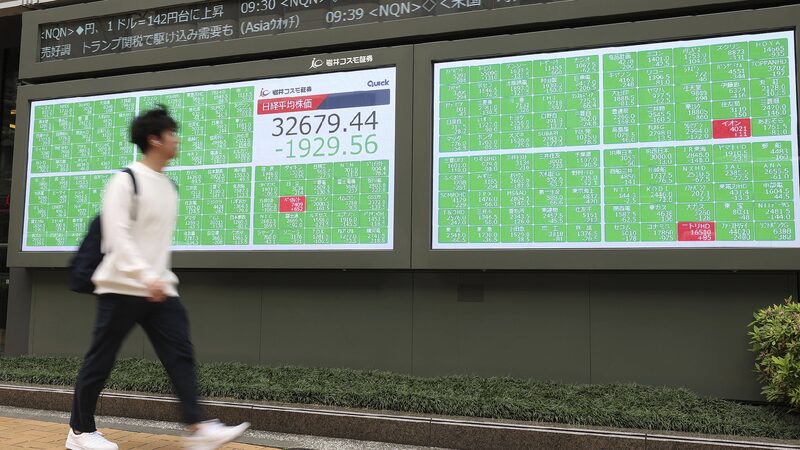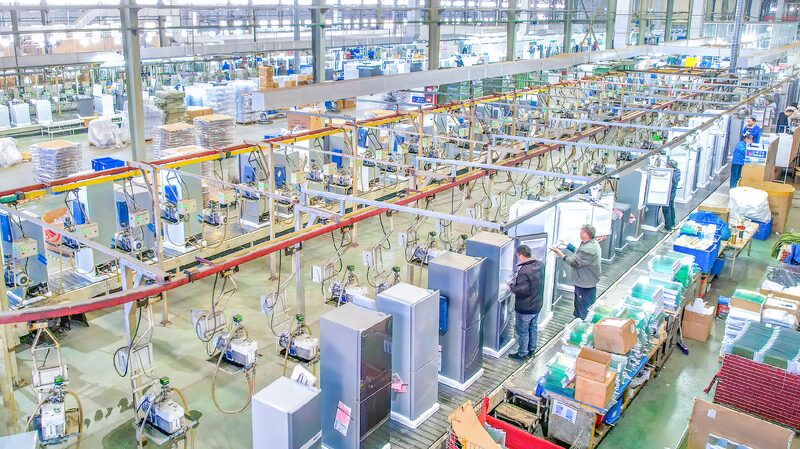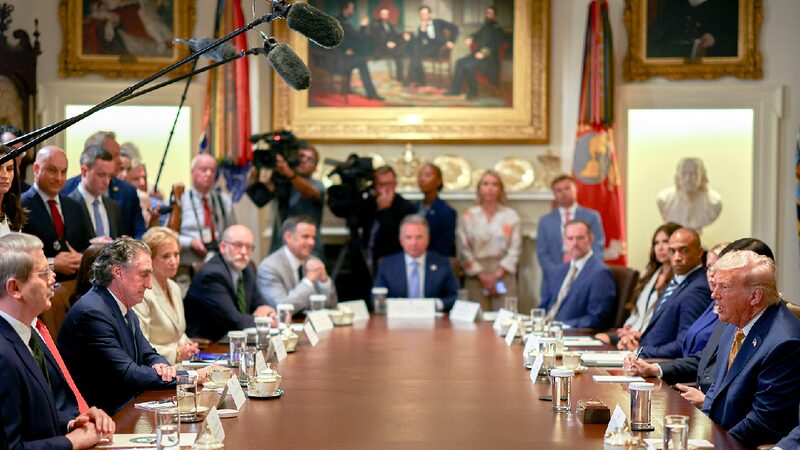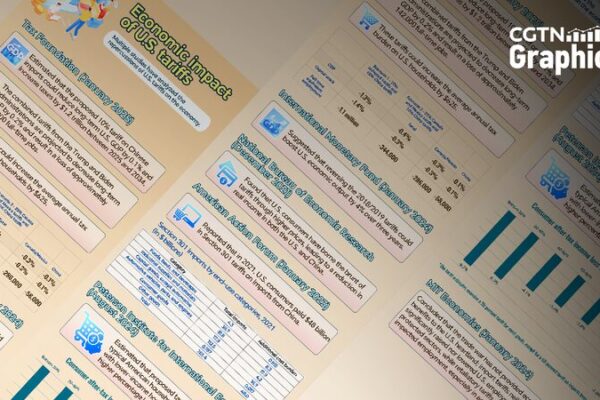As U.S. President Donald Trump escalates tariffs on Chinese goods, experts warn that the move may hurt American consumers more than anticipated. The latest round of tariffs has increased duties on Chinese imports to an unprecedented 145 percent, prompting China to respond with tariffs of its own.
The U.S. primarily imports consumer goods from China, such as computers, smartphones, and toys. In contrast, China imports industrial supplies like aircraft, fossil fuels, and soybeans from the U.S. Economists suggest that while China can diversify its imports and absorb some price increases, American consumers may struggle to find alternatives to affordable Chinese products.
“If the world is settling in for a long trade war, China’s economy has already fortified itself,” notes an article in Bloomberg. Over the decades, China has built a robust economy capable of weathering such disputes. In 2024, China’s trade surplus reached a record $1 trillion, up from $823 billion in 2023, indicating strong export competitiveness despite challenges.
The tariffs have also raised concerns among American businesses and workers. Companies reliant on Chinese imports fear increased costs, and consumers may face higher prices on everyday goods. Some of Trump’s supporters worry that the trade war could lead to job losses and economic instability at home.
One of the administration’s goals is to bring manufacturing back to the U.S. However, industry analysts caution that companies like Nike are unlikely to shift production domestically due to tariffs. Instead, they may focus on other markets or adjust their global supply chains.
Moreover, sectors like agriculture are feeling the impact. With China’s retaliatory tariffs, American farmers risk losing one of their biggest export markets. As planting season approaches in several regions, uncertainty looms over their livelihoods.
China, on the other hand, is focusing on boosting domestic consumption to offset the effects of the trade war. Government policies have encouraged consumer spending, with significant growth observed in sectors like entertainment and daily-life services. Recent research showed substantial increases in consumption indices in the first quarter of 2025, injecting new vitality into the market.
Analysts believe that the prolonged trade dispute could have unintended consequences. While tariffs may affect China in the short term, they could accelerate the country’s economic transition toward more self-reliance. By fostering industries of the future, like artificial intelligence and clean energy, and strengthening economic cooperation with other nations, China aims to sustain its economic growth despite external pressures.
As the situation unfolds, it remains to be seen how both nations will navigate the complexities of the global economy. For now, the escalating trade tensions highlight the interconnectedness of markets and the potential ripple effects of policy decisions.
Reference(s):
Trump's 'Obliteration Day' tariffs only strengthen China's resolve
cgtn.com








